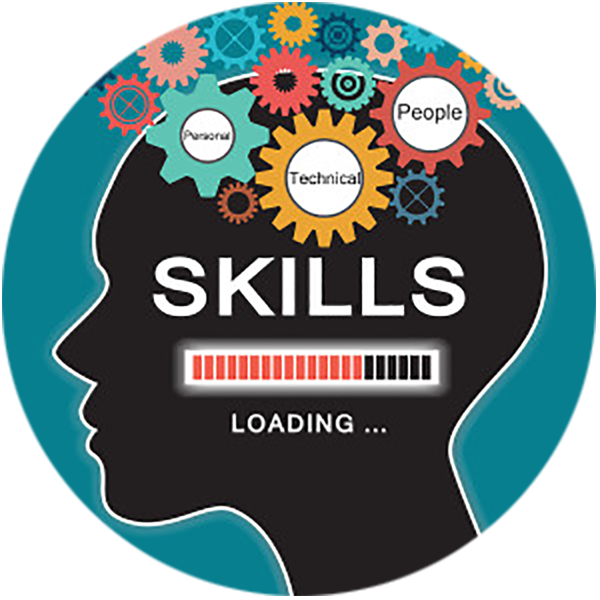What are some effective strategies for managing my emotions?
Managing emotions is an essential part of personal development. Emotions are a natural response to different situations, and it is essential to learn how to manage them in a healthy way. It can be difficult to control our emotions, especially when we are going through challenging times. However, learning effective strategies to manage our emotions can help us lead a more fulfilling life. In this blog post, we will discuss some effective strategies for managing emotions.
-
Identify Your Emotions: The first step in managing emotions is to identify them. Take a moment to reflect on how you are feeling. Ask yourself questions like "Why am I feeling this way?" or "What triggered this emotion?" Identifying your emotions can help you understand why you feel a certain way and develop a plan to manage them.
-
Practice Mindfulness: Mindfulness is the practice of being present and fully engaged in the moment. Practicing mindfulness can help you manage your emotions by giving you the tools to focus your attention on the present moment. Take a few moments each day to sit quietly and breathe deeply. Focus your attention on your breath and the present moment. Mindfulness can help you become more aware of your thoughts and feelings, which can help you manage them more effectively.
-
Develop Emotional Intelligence: Emotional intelligence is the ability to recognize, understand, and manage your own emotions, as well as the emotions of others. Developing emotional intelligence can help you better understand your emotions and develop strategies to manage them. Start by becoming more self-aware of your emotions and how they impact your behavior. Then, work on developing your social awareness by paying attention to the emotions of others.
-
Practice Self-Care: Taking care of yourself is essential for managing your emotions. Self-care can include getting enough sleep, eating a healthy diet, and exercising regularly. It can also include doing things you enjoy, such as reading a book or taking a relaxing bath. Taking care of yourself can help you feel more balanced and better equipped to manage your emotions.
-
Seek Support: Sometimes, managing emotions can be challenging, and it is okay to seek support. Reach out to friends or family members who can provide a listening ear and offer support. You can also seek support from a mental health professional who can help you develop strategies to manage your emotions.
-
Practice Positive Self-Talk: The way we talk to ourselves can have a significant impact on our emotions. Practice positive self-talk by replacing negative self-talk with positive affirmations. For example, instead of saying "I am not good enough," say "I am capable of achieving my goals."
-
Learn Stress Management Techniques: Stress can be a significant contributor to our emotions. Learning stress management techniques such as deep breathing, meditation, or yoga can help you manage your emotions. These techniques can help you relax and reduce your stress levels, making it easier to manage your emotions.
-
Set Realistic Expectations: Setting realistic expectations for yourself can help you manage your emotions. Unrealistic expectations can lead to frustration and disappointment, which can impact your emotions. Set goals that are challenging but achievable, and celebrate your successes along the way.
-
Practice Gratitude: Practicing gratitude can help you manage your emotions by shifting your focus to the positive things in your life. Take a few moments each day to reflect on what you are grateful for. This can help you develop a more positive outlook on life, which can help you manage your emotions.
-
Learn to Let Go: Sometimes, holding onto negative emotions can be detrimental to our mental health. Learning to let go of negative emotions can help you manage your emotions more effectively. Practice forgiveness and acceptance, and focus on the present moment rather than dwelling on the past.
In conclusion, managing emotions is an essential part of personal development. By identifying your emotions, practicing mindfulness, developing positive coping mechanisms, and seeking support when needed, you can learn to manage your emotions effectively and lead a happier, healthier life. Remember that managing your emotions is an ongoing process that requires patience, self-awareness, and a willingness to learn and grow. With practice and determination, you can develop the emotional intelligence and resilience needed to navigate life's challenges and thrive in both your personal and professional relationships. So take the time to invest in your emotional well-being and start experiencing the benefits of improved emotional management today.





























